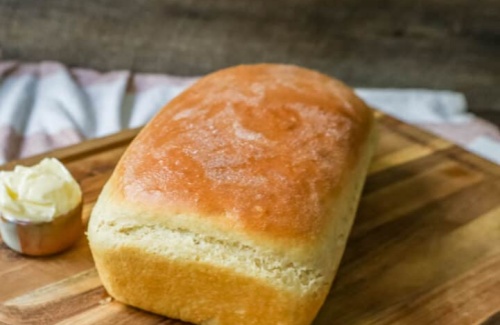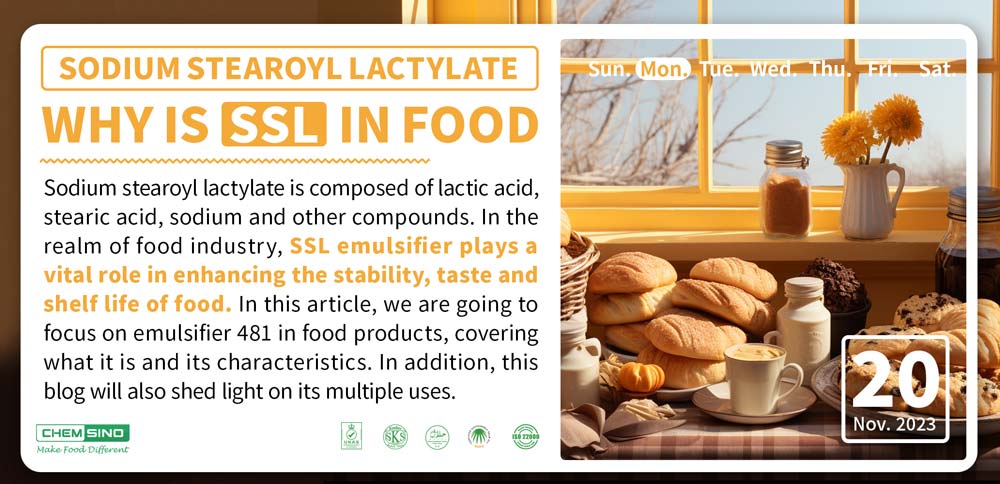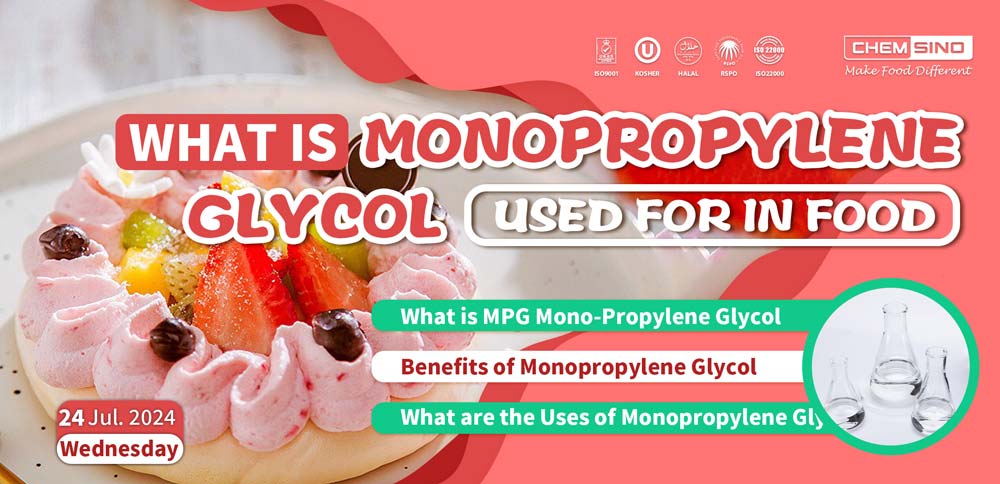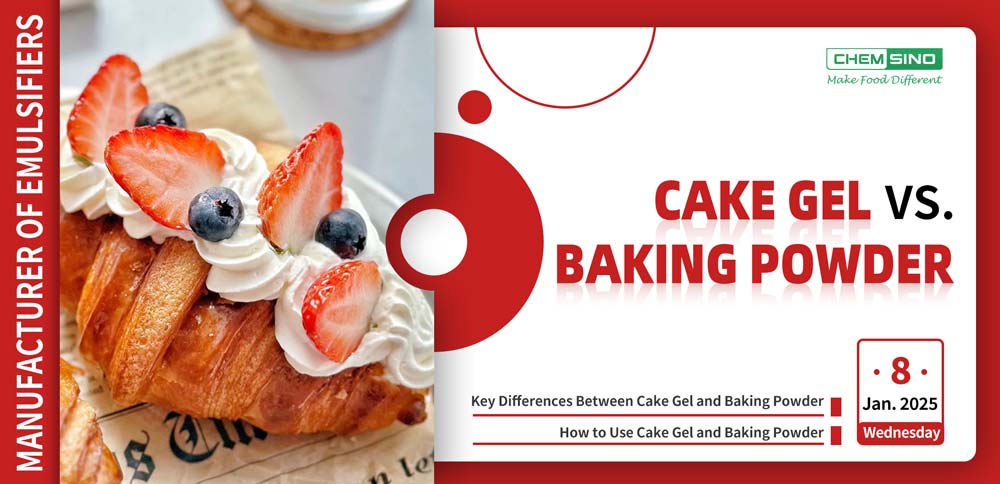| Product |
Tips |
Key Benefits |
| Soft Sandwich Bread |
PGPR 0.1–0.5% of fat, Amylase 0.01–0.03% of flour, mix well |
Soft 3–5 days, uniform crumb, easier dough handling |
| Chiffon Cake |
PGPR 0.1–0.3% of fat, Amylase 0.005–0.02% of flour, avoid over-mixing |
Stable structure, tender, moist crumb |
| Pound / Butter Cake |
PGPR 0.2–0.4% of fat, Amylase 0.005–0.015% of flour, cream fat with PGPR |
Fine, rich texture, better moisture |
| Sweet Buns / Brioche |
PGPR 0.2–0.5% of fat, Amylase 0.01–0.025% of flour, add with fats |
Soft, rich taste, stays fresh 3–4 days |
| Frozen Dough (Bread & Pastries) |
PGPR 0.2–0.4% of fat, Amylase 0.015–0.03% of flour, mix well before freezing |
Maintains volume and softness after thawing, reduces ice-crystal damage |
| Cakes with Whipped Cream / Fillings |
PGPR 0.1–0.3% of fat phase, Amylase optional |
Stable whipped texture, smooth cream, reduced syneresis |










